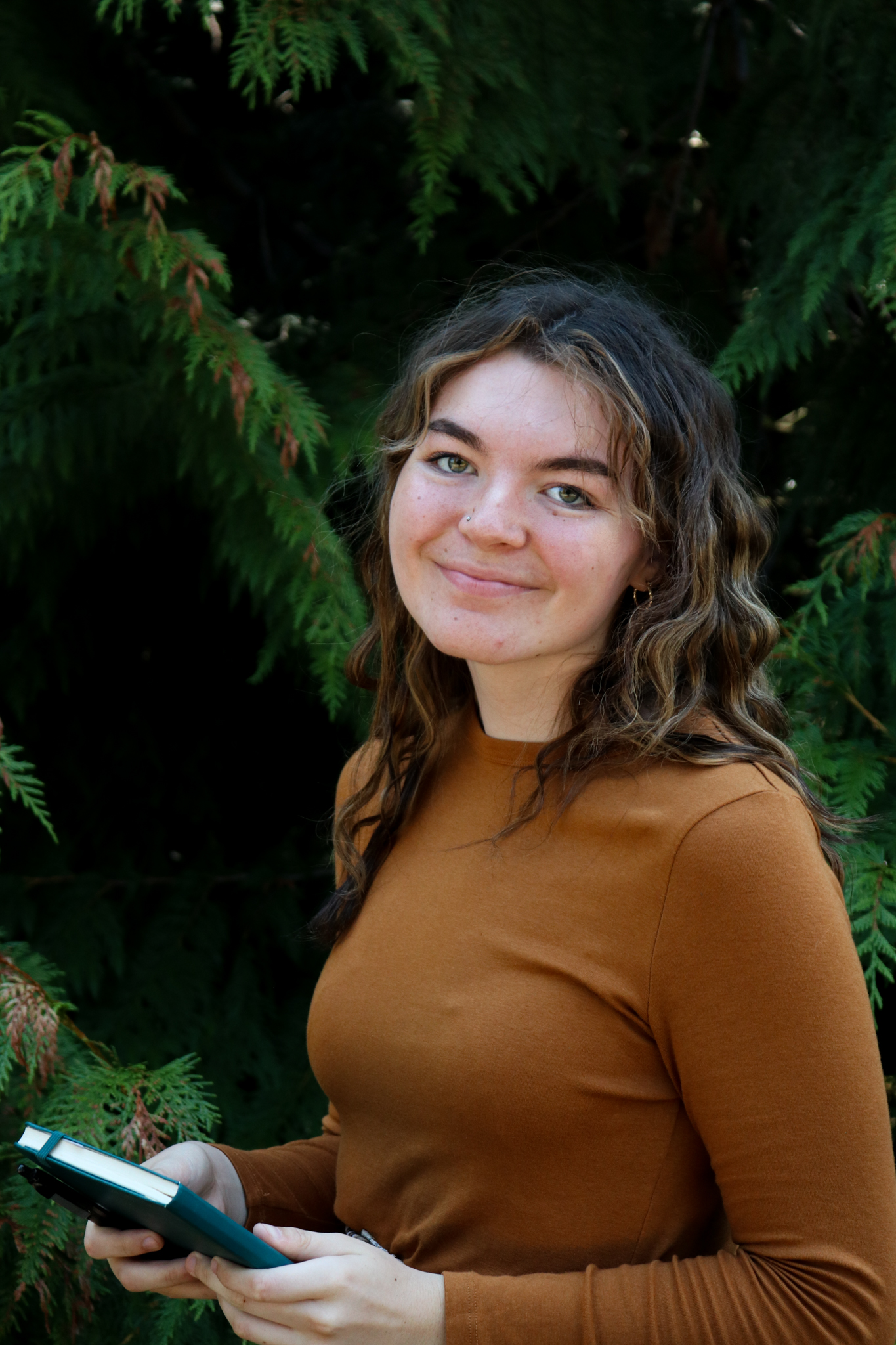WSU and UW announce collaboration in creating The Center for an Informed Public.
Fake news, misleading headlines and falsely edited images: most people have witnessed the erosion of trust in the media thanks to false portrayals of facts and images online. With a budget of $5 million, University of Washington and WSU partnered to establish the Center for an Informed Public. CIP, funded by the John S. and James L. Knight Foundation, hopes to combat misinformation and create an informed society.
Jevin West, the director of CIP and associate professor of the Information School at University of Washington, claims that web misinformation is a crucial problem our society must deal with. West says CIP plans to address key issues on how inaccurate information gets spread online by the use of artificial intelligence to produce fake photos, videos, news articles and other forms of media.
“It’s one of the most important problems of our time that we as a society need to solve. This is not a left or right issue. This is an issue that transcends political boundaries. Everyone wants to get this right,” West said.
According to CIP’s website, its mission is to “resist strategic misinformation, promote an informed society, and strengthen democratic discourse.”
Mel Netzhammer, chancellor of WSU Vancouver, commented on how WSU Vancouver’s involvement with the project can impact students and the campus as a whole.
“Information literacy is going to be one of the defining issues of our time, in my view, and that means we have an obligation to make this work a part of our curriculum,” Netzhammer said. “The work also brings visibility to our campus, something that is happening more frequently across a number of research programs, and establishes WSU Vancouver as an important site for research in the Pacific Northwest.”
Michael Caulfield, WSU Vancouver’s director of blended and networked learning, explained how WSU Vancouver has a different approach to web literacy that focuses on specific web problems.
“Information comes to you and it’s been stripped of context … Our approach is different than a lot of media literacy approaches. It focuses on that question that asks in that first 90 seconds ‘what can you do to quickly reconstruct a context from what you’re seeing before you really engage with it?’”
“Information literacy is going to be one of the defining issues of our time, in my view, and that means we have an obligation to make this work a part of our curriculum.” – Chancellor Mel Netzhammer
Caulfield suggested that before reading content, identify the source. “When you find out where something comes from and you’re surprised by what you’ve learned, pay attention to the fact that you’re surprised,” Caulfield said.
Caulfield explained the organization hopes to launch and establish funding for projects under CIP to make it sustainable.
“We want to do the best we can for this environment and as we learn more and new issues arise, we want to continue to evolve and address issues that will come up,” Caulfield said.
As AI continues to build more strategic ways of spreading and developing false information that is convincing at first glance, CIP hopes to combat the spread of misinformation and build a more web literate society. For more information on the Center for an Informed Public you can visit the center’s website at cip.uw.edu or the twitter page @uwcip.

Emily is a senior studying integrated strategic communication at WSU Vancouver.
